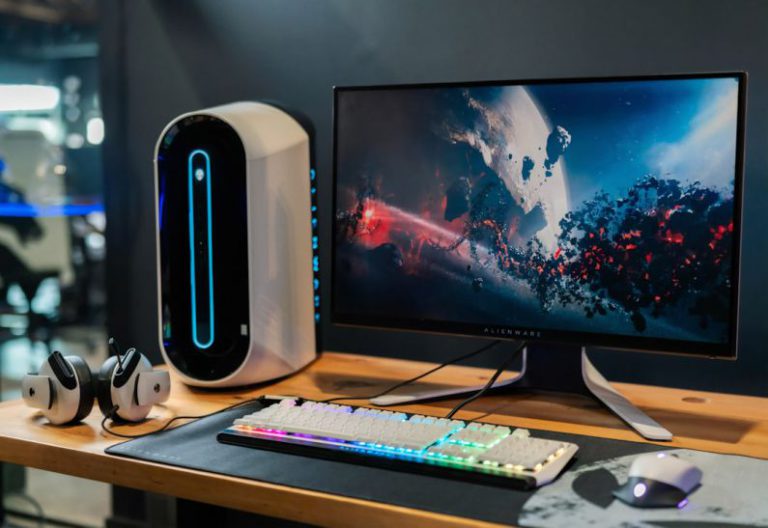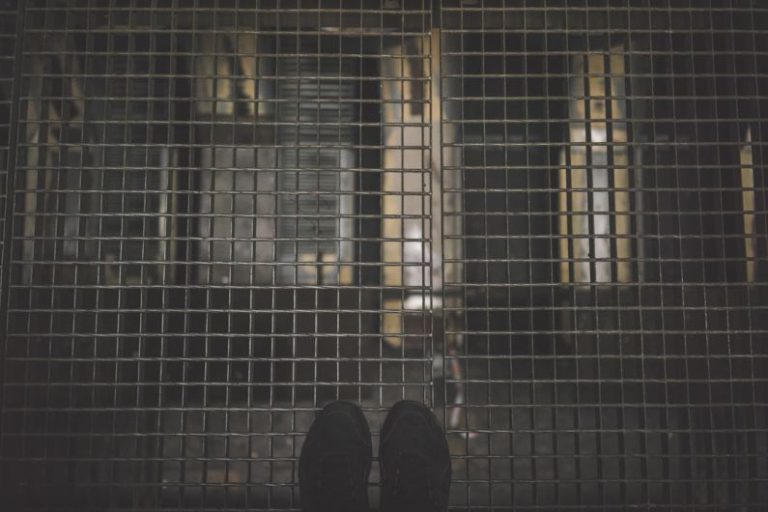How Often Should I Clean My Pc, and How?
Maintaining the performance of your computer is crucial in ensuring its longevity and efficiency. One of the key aspects of computer maintenance is regular cleaning. Dust, dirt, and debris can accumulate inside your computer over time, leading to overheating and decreased performance. In this article, we will discuss how often you should clean your PC and the best practices for doing so.
**Signs Your PC Needs Cleaning**
Before diving into how often you should clean your PC, it’s important to understand the signs that indicate your computer needs a thorough cleaning. If you notice your computer running hotter than usual, experiencing frequent crashes or slowdowns, or if you can visibly see dust buildup on the exterior or interior components, it’s time to clean your PC.
**How Often Should I Clean My PC?**
The frequency at which you should clean your PC depends on several factors, such as your environment and computer usage. As a general rule of thumb, it’s recommended to clean your PC every three to six months. However, if you live in a dusty environment or use your computer for extended periods daily, you may need to clean it more frequently.
**Tools You Will Need**
Before you start cleaning your PC, gather the necessary tools. You will need a can of compressed air, a soft brush or microfiber cloth, rubbing alcohol, cotton swabs, and a screwdriver (if you need to open your computer case).
**Exterior Cleaning**
Begin by cleaning the exterior of your computer. Use a microfiber cloth dampened with rubbing alcohol to wipe down the surfaces, including the monitor, keyboard, and mouse. Pay close attention to crevices and ports where dust can accumulate.
**Interior Cleaning**
To clean the interior of your PC, you will need to open the case. Make sure to power off your computer and unplug all cables before proceeding. Use the can of compressed air to blow out dust from the components, such as the fans, heatsinks, and power supply. Be gentle when using compressed air to avoid damaging any delicate components.
**Cleaning the Fans**
The fans inside your computer play a crucial role in keeping the components cool. Over time, dust can clog the fan blades, leading to poor airflow. Use compressed air to blow out the dust from the fans, making sure to hold the fan blades in place to prevent them from spinning.
**Cleaning the Keyboard and Mouse**
If you have a desktop computer, don’t forget to clean your keyboard and mouse. Use a can of compressed air to blow out dust and debris from between the keys of the keyboard. For the mouse, wipe down the exterior with a microfiber cloth and use a cotton swab dipped in rubbing alcohol to clean the sensor.
**Maintaining Your PC**
In addition to regular cleaning, there are other measures you can take to maintain the performance of your PC. Keep your computer in a well-ventilated area to prevent overheating, and avoid eating or drinking near your computer to prevent spills.
**In Summary**
Regular cleaning is essential to keep your PC running smoothly and prevent overheating. By following the recommended cleaning schedule and using the right tools, you can extend the life of your computer and ensure optimal performance. Remember to clean both the exterior and interior of your PC, paying special attention to components such as fans and heatsinks. By incorporating regular cleaning into your computer maintenance routine, you can enjoy a faster and more reliable computing experience.






